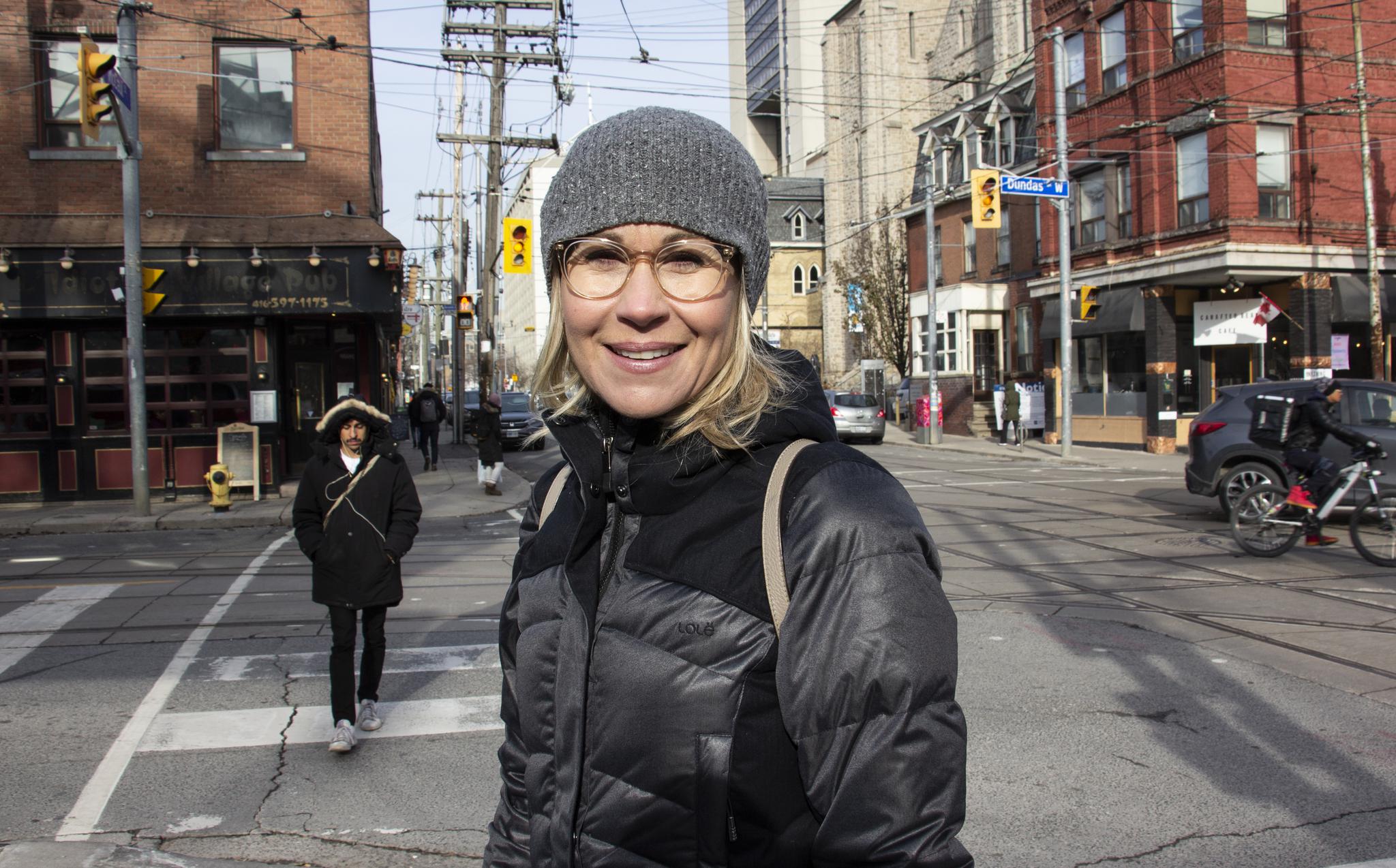It's 2050 And This Is How We Stopped Climate Change

When NPR interviewed Congresswoman Alexandria Ocasio-Cortes in February about her Green New Deal, she said that her goal was bigger than just passing some new laws. "What I hope we're able to do is rediscover the power of public imagination," she said.
Well, we're unleashing our imagination and exploring a dream, a possible future in which we're bringing global warming to a halt. It's a world in which greenhouse emissions have ended.
So — what does this world look like?
Mass Electrification (Batteries Hold The Power)
(Editor's note: Each story has two sections, the first reflecting the present and the second imagining the world of 2050.)
2019: I went looking for people who've mapped out this world without greenhouse emissions. I found them in Silicon Valley.
Sila Kiliccote is an engineer. The back deck of her house, high up in the hills, overlooks Cupertino. Apple's circular headquarters is hidden in the morning mist. It's a long way from Istanbul, in Turkey, where she grew up; a great place to conjure up future worlds.
"Maybe you'd like some coffee?" Kilicotte says.
Her coffee machine is powered by solar panels on the roof. So is her laptop and her wifi.
"Everything runs on electricity in this house," she says.
This is the foundation of a zero-carbon world: Electricity that comes from clean sources, mainly the sun and the wind, cheap and increasingly abundant.
Today, it powers this house; tomorrow, it could drive the world.
Last year, Kiliccotte quit her job at Stanford University and launched a startup company, eIQ Mobility, helping companies replace their fleets of vehicles, such as delivery vans, with electric-powered versions.
"In order to have impact, timely impact, I figured that I need to leave research and focus on impactful things that I want to do. And fast," she says.
It has to happen fast. Last year, the world's climate scientists put out a showing what it will take to limit global warming to 1.5 °C by the end of this century, averting the worst consequences of climate change. It requires bringing the globe's net greenhouse emissions down to zero by 2050.
You’re reading a preview, subscribe to read more.
Start your free 30 days





